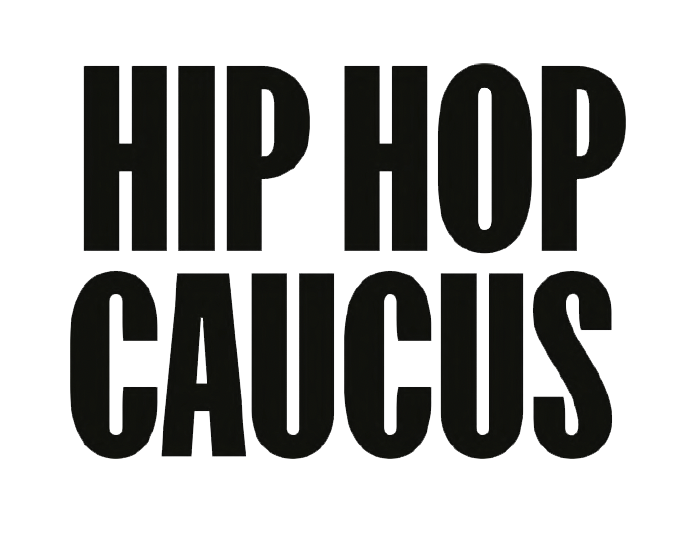Hip Hop Caucus Applauds the Reintroduction of John Lewis Voting Rights Advancement Act
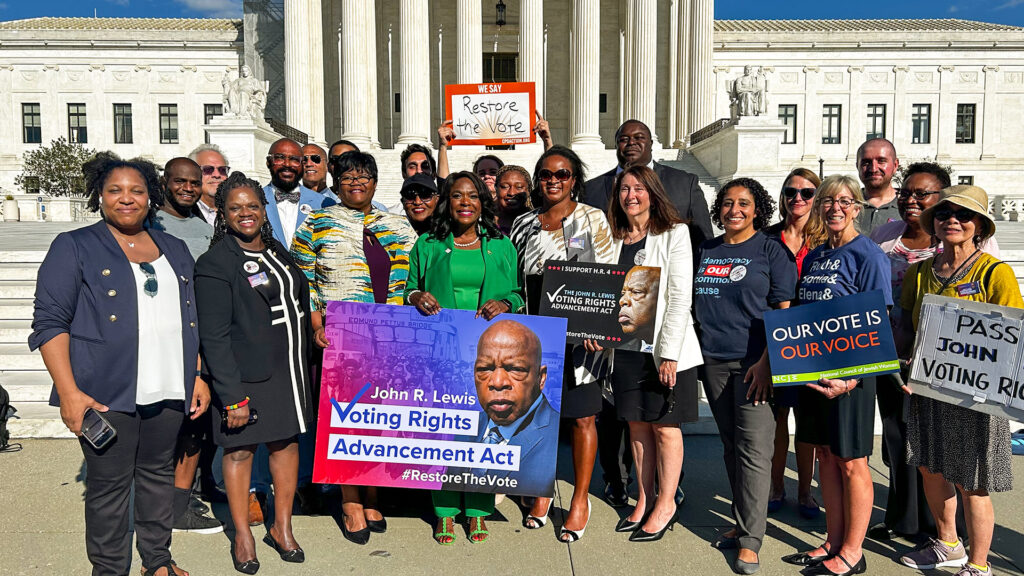
WASHINGTON — Today, Hip Hop Caucus Executive Vice President of Campaigns and Advocacy Tanya Clay House issued the following statement in response to the reintroduction of the John Lewis Voting Rights Advancement Act. “The reintroduction of the John Lewis Voting Rights Advancement Act (JLVRAA) is a positive step forward in the restoration and expansion of […]
Hip Hop Caucus Launches ‘Official Ignorance: The Death in Custody Podcast’
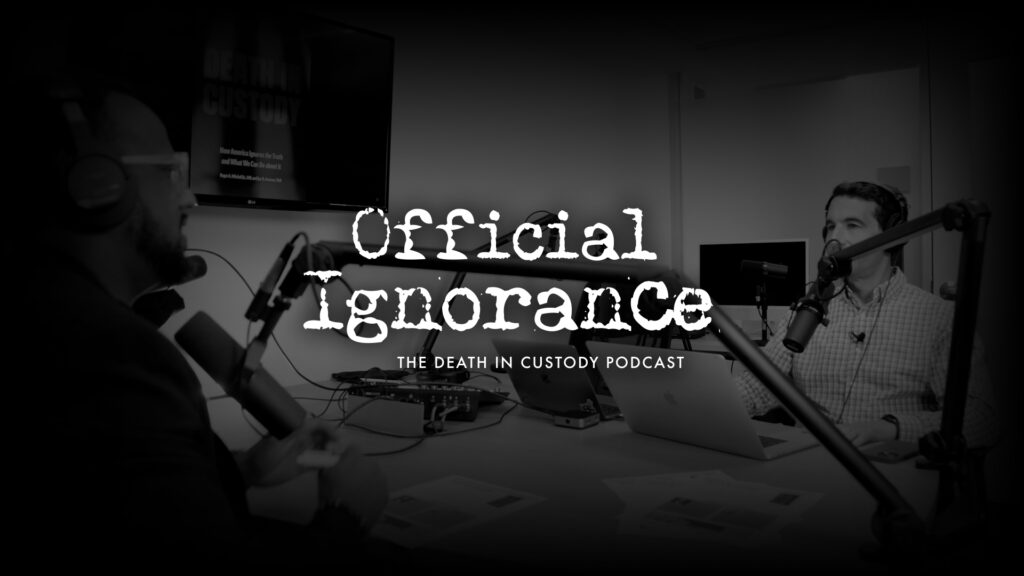
New investigative podcast chronicles stories of people who have died in custody and emerging efforts for accountability WASHINGTON – Today, Hip Hop Caucus announces the launch of the new, groundbreaking podcast series, ‘Official Ignorance: The Death in Custody Podcast.’ Hosted by expert forensic pathologist Dr. Roger Mitchell Jr. and human rights scholar Dr. Jay Aronson, […]
Hip Hop Caucus Releases Statement on Atlanta’s Restrictive Verification Requirements for Cop City Referendum
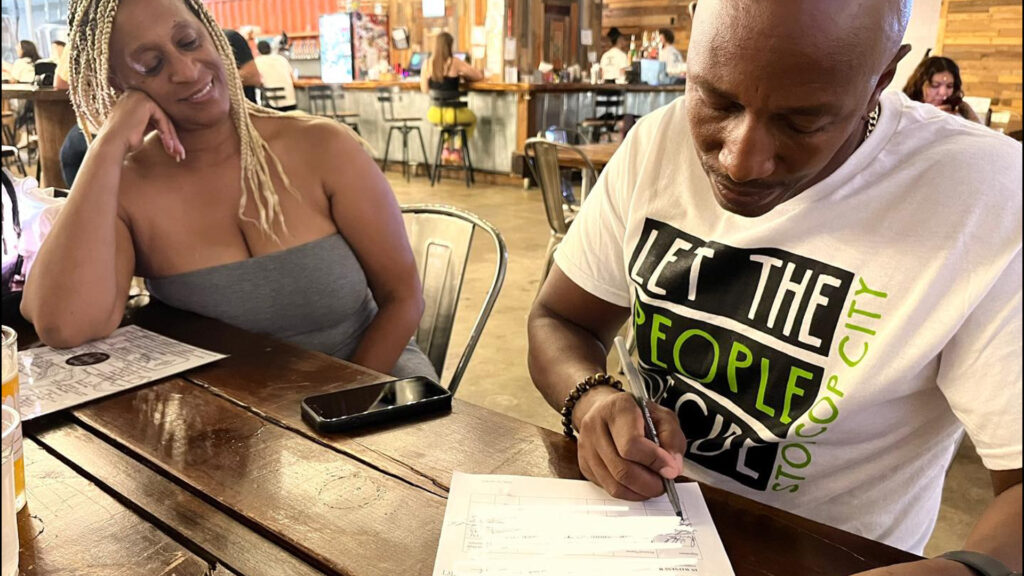
ATLANTA — The Atlanta City Council’s decision to use signature matching to verify referendum signatures for Cop City is a Jim Crow style, segregationist voter suppression tactic that is overwhelmingly discriminatory against Black voters and other voters of color, older voters, first-time voters, returning citizen voters, and voters with disabilities. The people of Atlanta should […]
Hip Hop Caucus Releases Statement Following Detention During Toxic Facility Tour in Louisiana
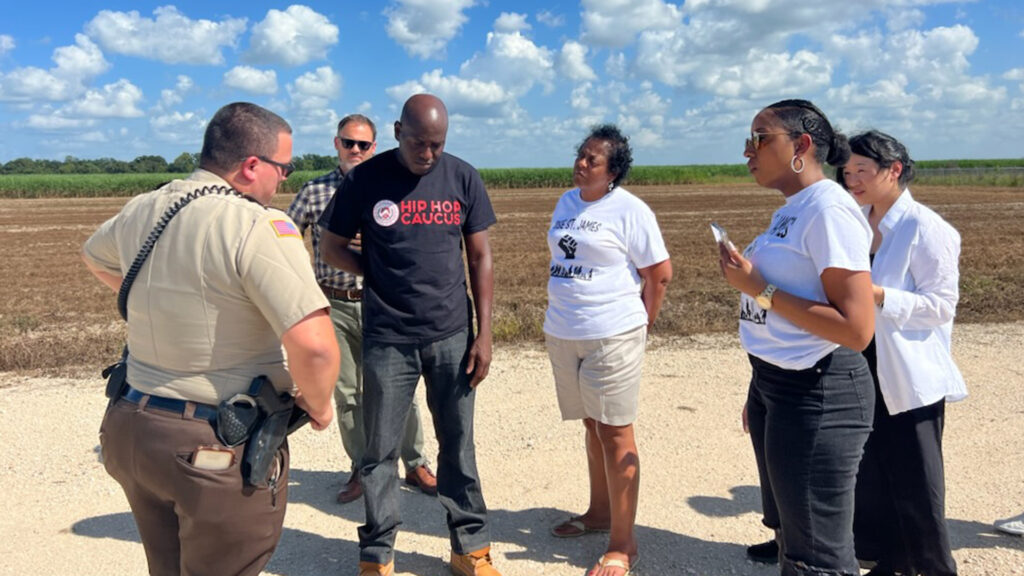
WASHINGTON — Today, Hip Hop Caucus President and CEO Rev Yearwood Jr. issued thefollowing statement in response to being detained during a driving tour past proposed andcurrent petrochemical facilities in Saint James Parish in Louisiana: “On Thursday, August 10, I, along with a group from Hip Hop Caucus, Rise St. James, and the Beyond Petrochemicals […]
Hip Hop Caucus Announces a Two-Year Collaboration with The American Bar Association Commemorating 50th Anniversary of Hip-Hop
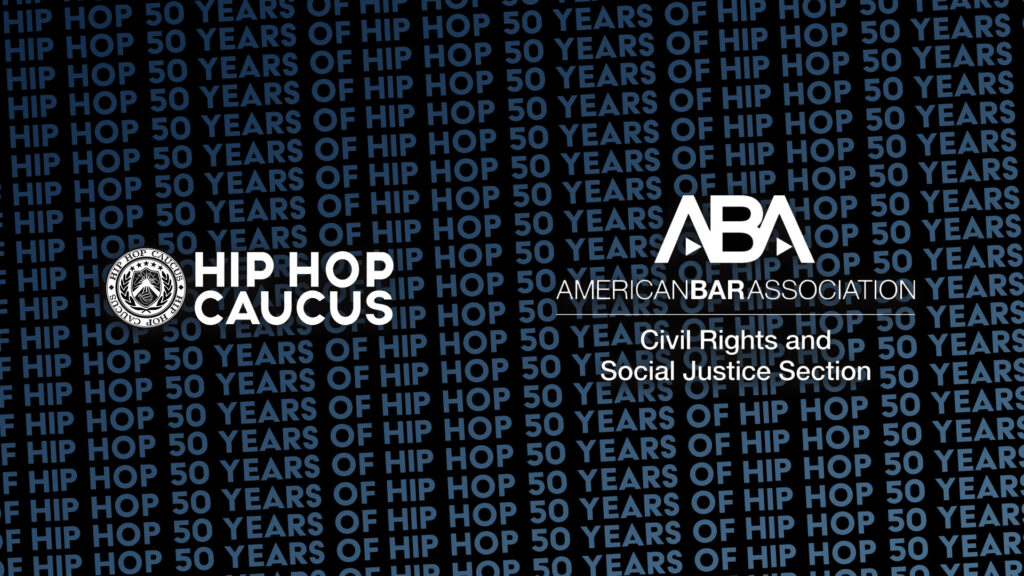
WASHINGTON, July 26, 2023— Hip Hop Caucus and The American Bar Association (ABA) today announced a new two-year collaboration commemorating the 50th anniversary of hip-hop and the intersection of social justice. The partnership kicked off with an episode of the ABA’s signature Chair Chat series, hosted by the ABA’s Civil Rights and Social Justice (CRSJ) […]
Hip Hop Caucus Celebrates the Establishment of the Emmett Till and Mamie Till-Mobley National Monument
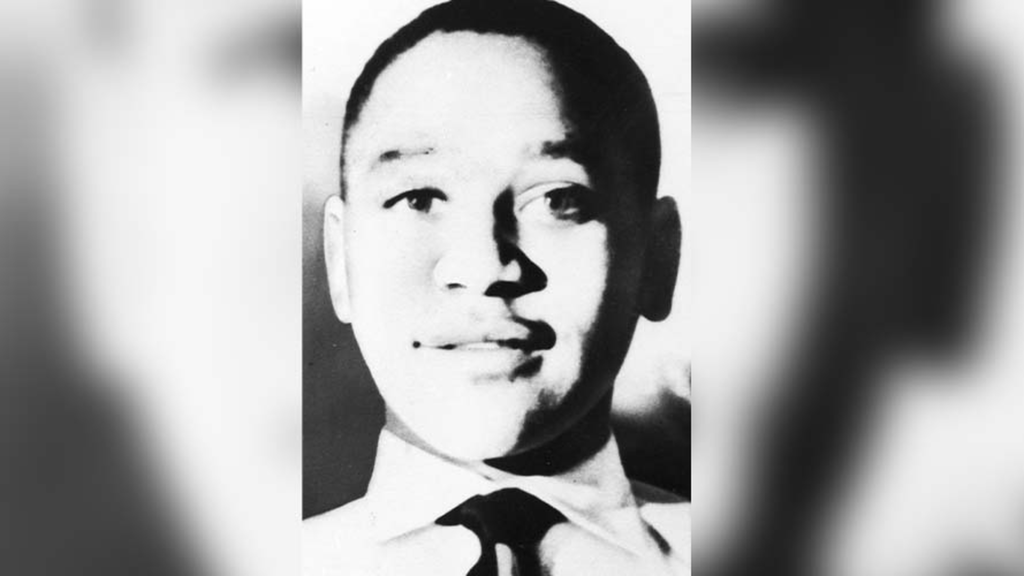
WASHINGTON — Today, Hip Hop Caucus President and CEO Rev Yearwood Jr. issued the following statement in response to the Biden Administration’s proclamation establishing the Emmett Till and Mamie Till-Mobley National Monument in Mississippi and Illinois on what would have been Emmett Till’s 82nd birthday: “Hip Hop Caucus joins the nation and celebrates President Biden’s […]
Bezos Earth Fund Announces $12.7 Million for Urban Green Spaces in Underserved Los Angeles Communities

Hip Hop Caucus included in Los Angeles Projects Selected for New $400 Million Greening America’s Cities Initiative LOS ANGELES, Calif. — July 17, 2023: The Bezos Earth Fund announced today $12.7 million to fund urban Los Angeles area urban greening projects as part of its new Greening America’s Cities initiative, a $400 million commitment through […]
Hip Hop Caucus Strongly Disagrees with the SCOTUS Decision on Student Loan Debt that Disproportionately Impacts Black Americans

WASHINGTON — Today, Hip Hop Caucus Executive Vice President Tanya Clay House issued the following statement in response to the United States Supreme Court 6-3 decision in the Biden v. Nebraska and Department of Education v. Brown cases on student loan debt: “Hip Hop Caucus is sadly not surprised that the current United States Supreme […]
Hip Hop Caucus Deeply Disappointed with SCOTUS Decision on LGBTQIA+ Rights
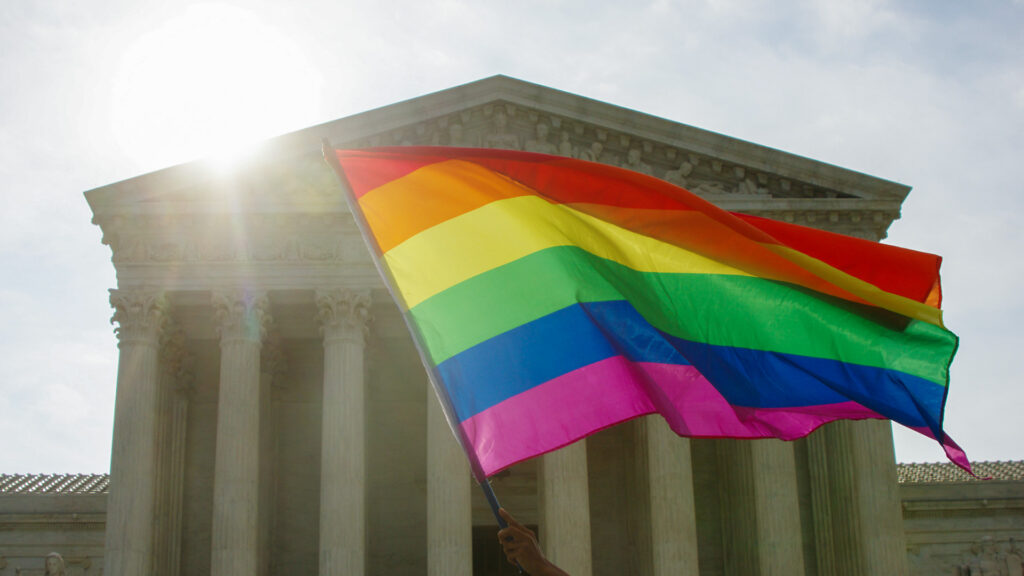
WASHINGTON — Today, Hip Hop Caucus Executive Vice President Tanya Clay House issued the following statement in response to the United States Supreme Court 6-3 decision in the 303 Creative LLC v. Elenis case on LGBTQIA+ rights: “Open for business no longer means to everyone. Hip Hop Caucus is not surprised as much as it […]
Hip Hop Caucus Strongly Disagrees with SCOTUS Decision on Affirmative Action
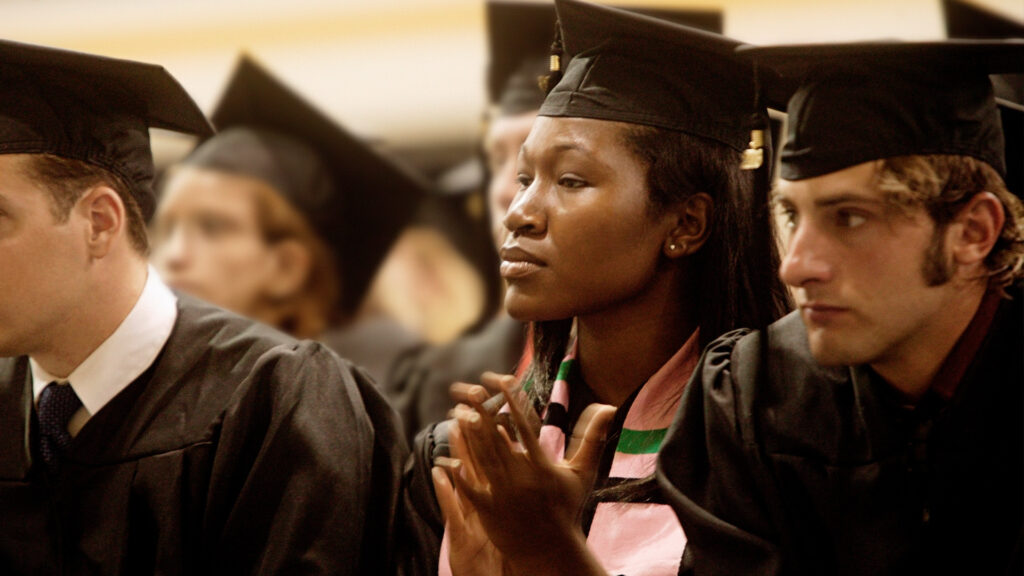
WASHINGTON — Today, Hip Hop Caucus Executive Vice President and former Deputy Assistant Secretary for Education Tanya Clay House issued the following statement in response to the United States Supreme Court 6-3 decision in the Students for Fair Admissions v. University of North Carolina and Students for Fair Admissions v. Harvard cases on affirmative action: […]

